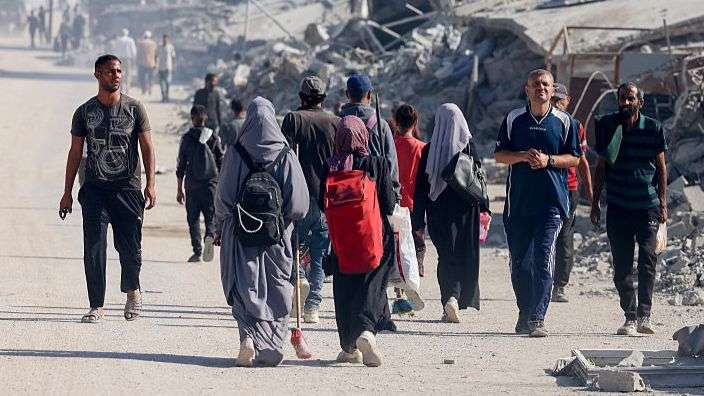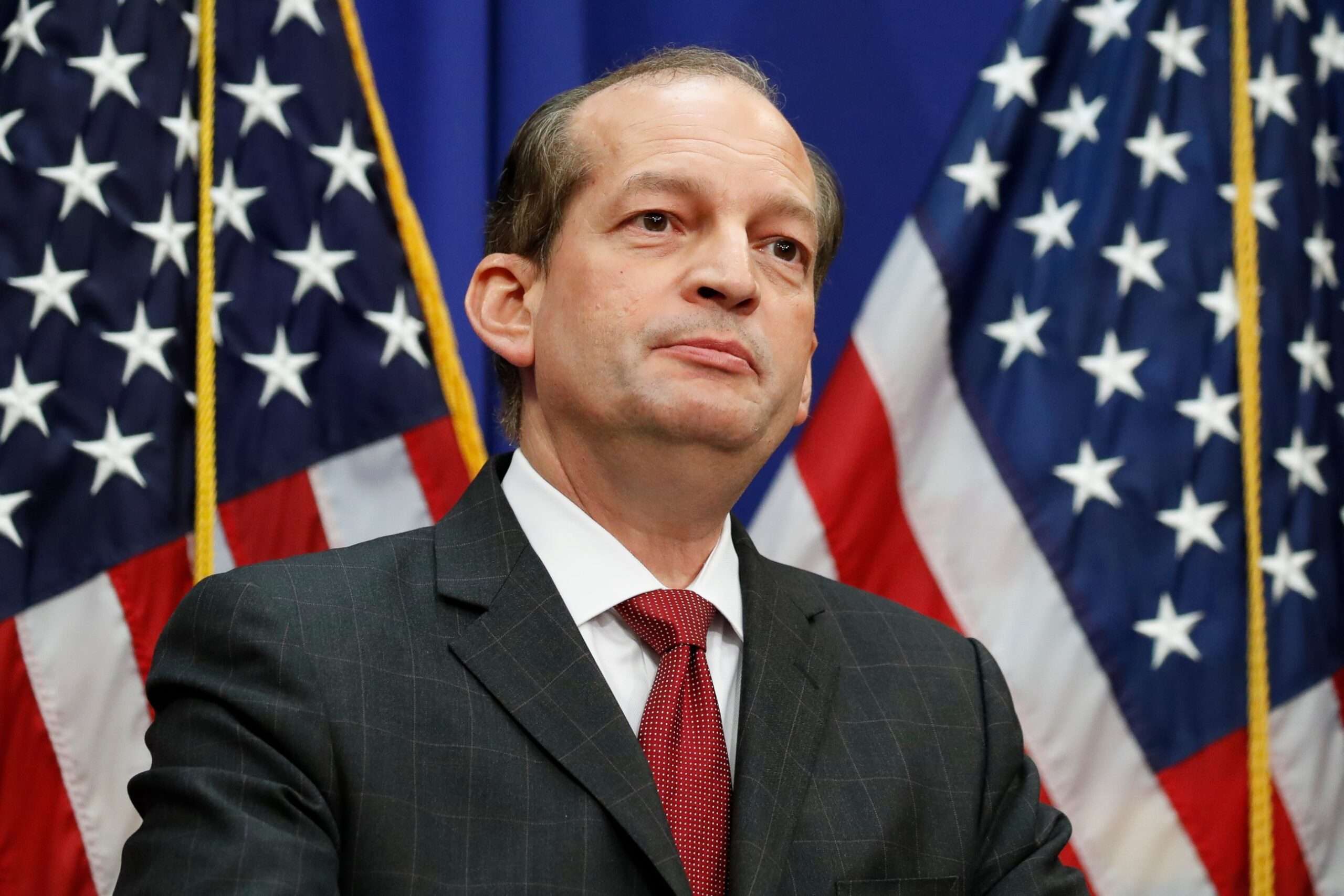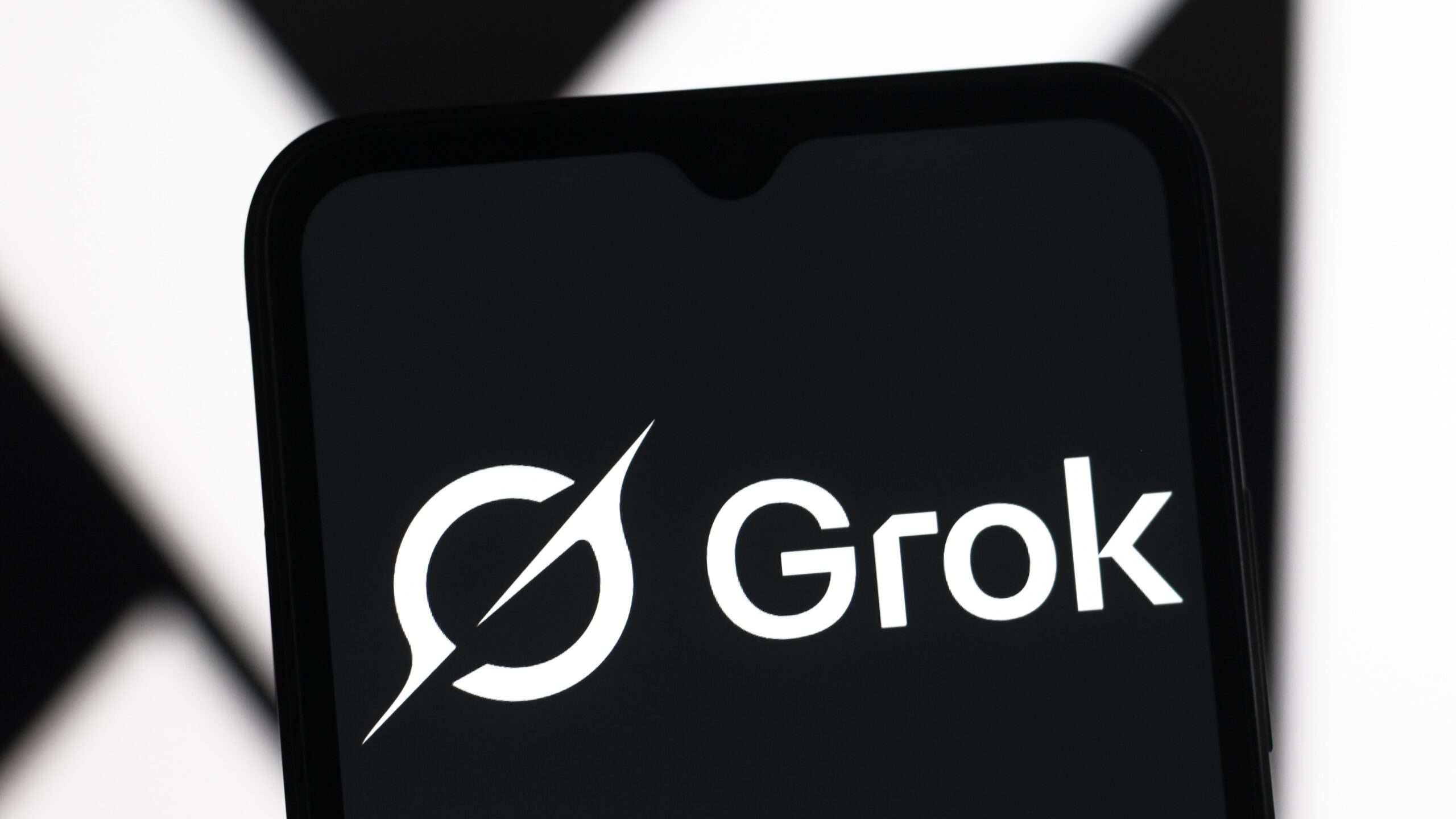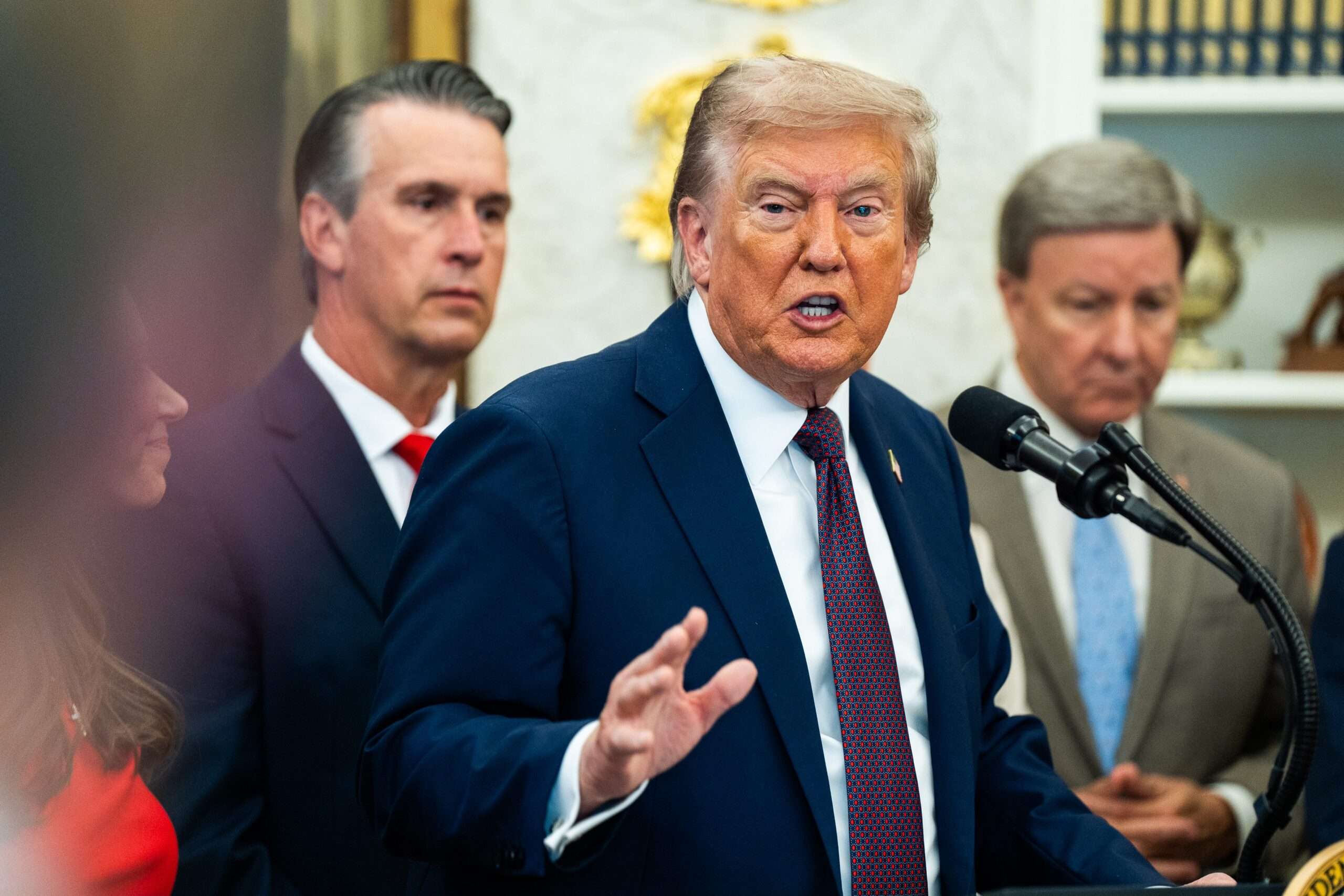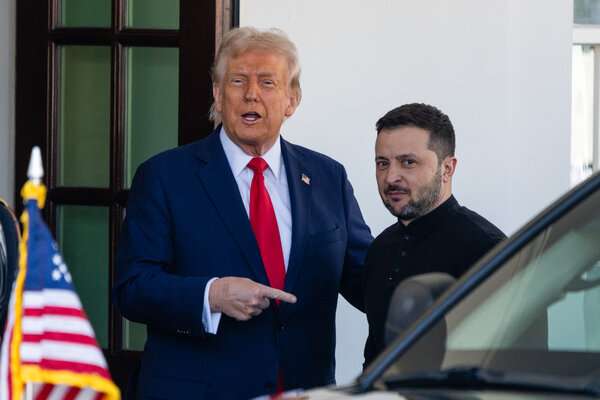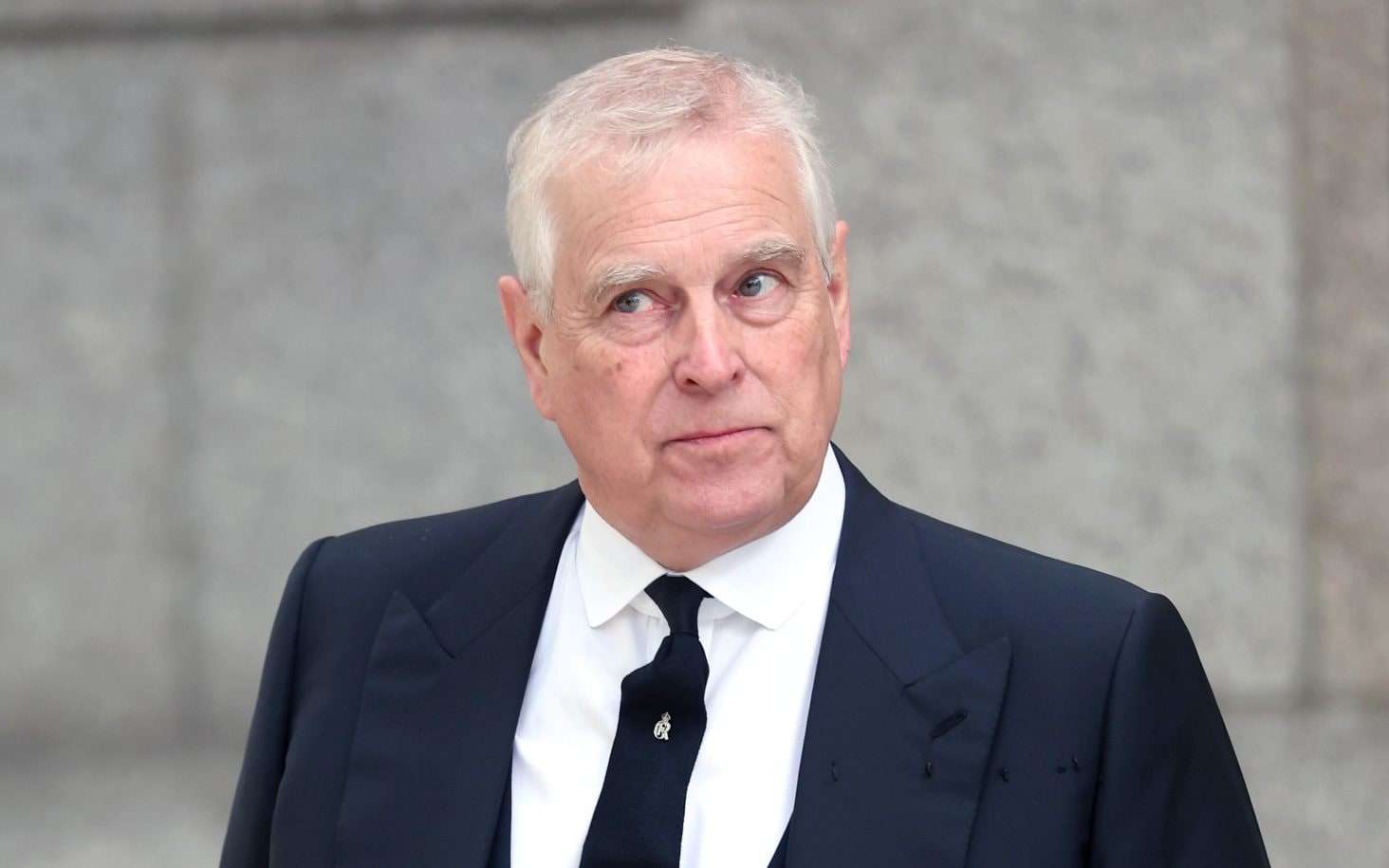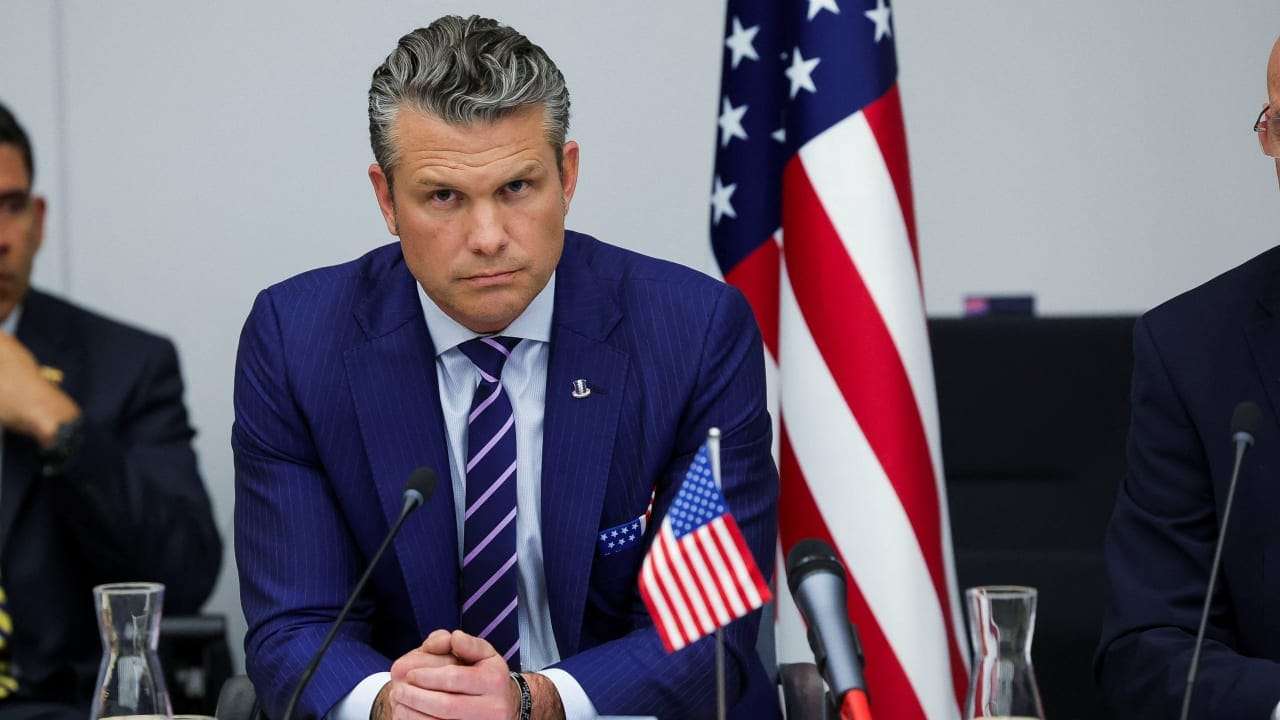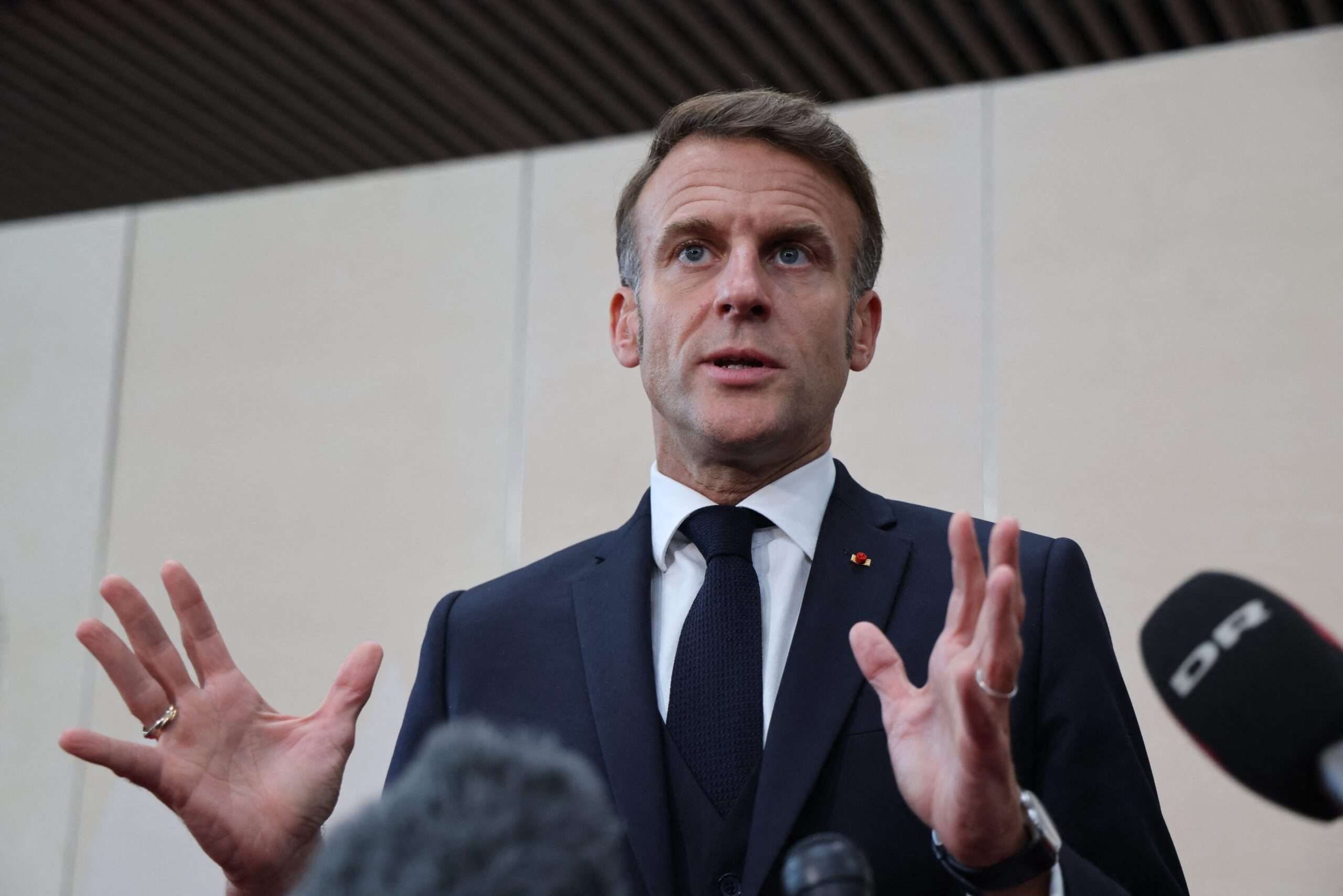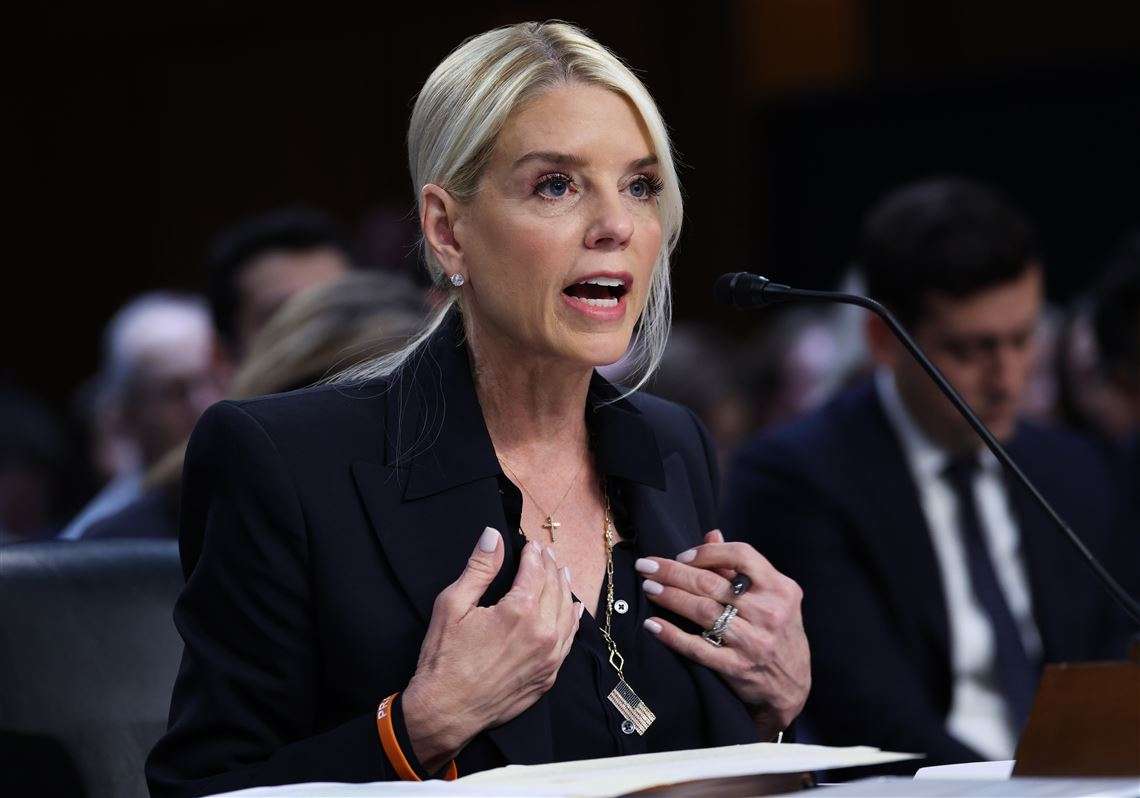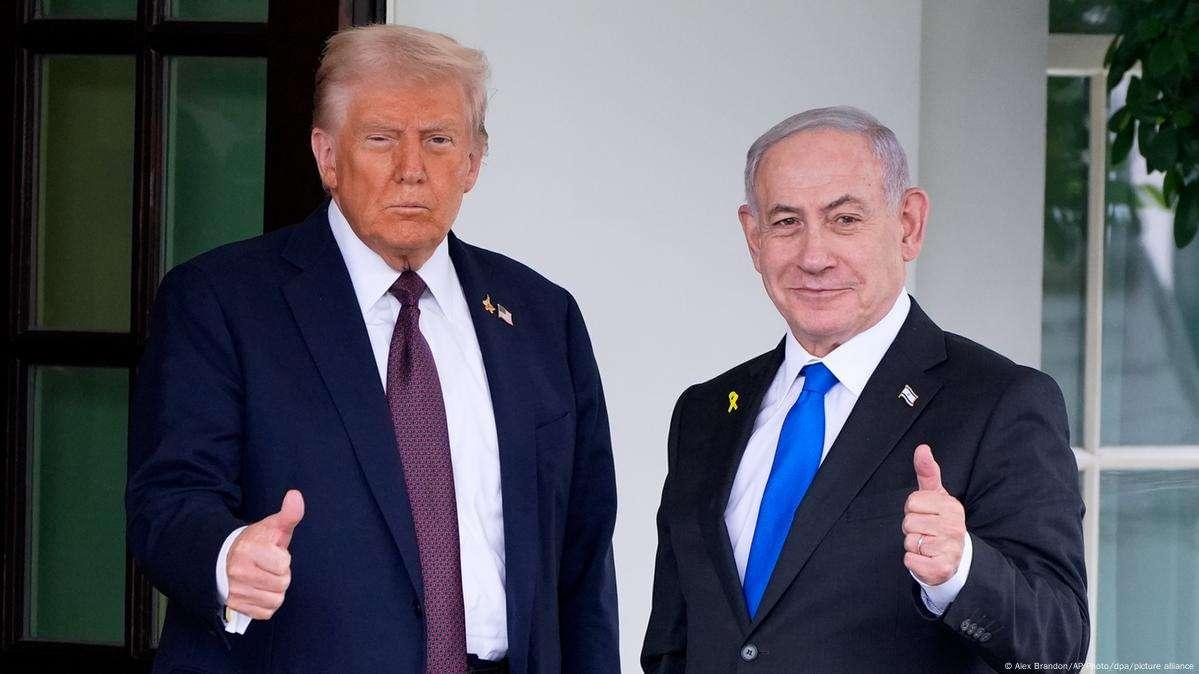
Leaders in the Middle East and Europe have broadly welcomed President Donald Trump’s newly unveiled Gaza peace plan, a 20-point initiative aimed at ending the ongoing conflict between Israel and Hamas. The plan, announced on September 29, 2025, at the White House with Israeli Prime Minister Benjamin Netanyahu by Trump’s side, represents a significant diplomatic effort to resolve a war that has devastated Gaza for over two years.
The peace proposal offers an immediate ceasefire if accepted by both parties and outlines a phased Israeli withdrawal from the Gaza Strip coupled with the release of hostages held by Hamas. Trump emphasized, “If Hamas agrees to this proposal, it stipulates the release of all remaining hostages immediately, but no later than 72 hours.” Netanyahu has expressed full support for the initiative, calling it a promising path toward peace.
One of the innovative features of the plan is the establishment of a “Board of Peace,” headed by Trump and former UK Prime Minister Tony Blair, which would supervise a temporary, technocratic Palestinian committee governing Gaza. This non-political committee would oversee reconstruction, public services, and economic revitalization in a demilitarized Gaza—labeled “New Gaza” in the proposal. The plan also envisions repurposing Gaza’s governance away from Hamas’ control, with militant factions disarming and abstaining from political roles.
Regional leaders have expressed cautious optimism. The Palestinian Authority publicly welcomed the peace initiative, praising the United States for its “genuine and relentless efforts,” and reaffirmed its commitment to collaborating on ending the conflict and facilitating humanitarian aid. Similarly, several Arab states and European leaders praised the plan’s diplomatic approach and the prospect of ending hostilities swiftly.
However, skepticism remains among some groups on the ground. Hamas has stated it is reviewing the proposal, though Palestinian Islamic Jihad has criticized it as a “recipe for escalating tensions.” Analysts note that previous U.S.-backed peace efforts have struggled with enforcement and acceptance, but the inclusion of international oversight and a structured reconstruction framework may offer new hope.
The plan also addresses humanitarian concerns by ensuring no forced displacement of Gaza residents, while those who wish to leave have the freedom to do so, with the possibility of return. This represents an acknowledgment of the extensive damage Gaza has suffered and the region’s complex human geography.
Experts like Asher Kaufman, a Middle East affairs scholar, have observed that the plan’s success hinges heavily on Hamas’s response and the international community’s support. “The challenge lies in balancing security concerns with meaningful governance reforms and economic recovery,” Kaufman said.
In summary, Trump’s Gaza peace plan is a notable diplomatic development gaining support from key Middle Eastern and European leaders, delineating a clear framework for ending conflict, humanitarian relief, and economic rebuilding. The next crucial step will be Hamas’s official response and the execution of the plan’s phased and monitored implementation. Global attention remains fixed on whether this initiative can overcome past setbacks and forge a durable peace in a deeply troubled region.
